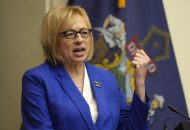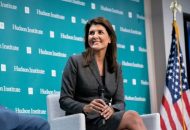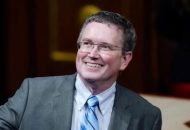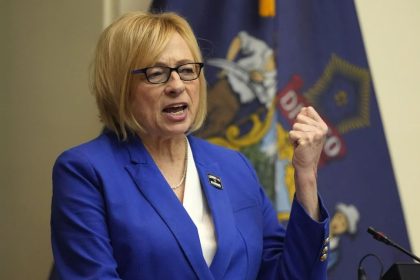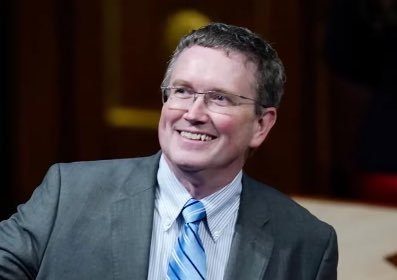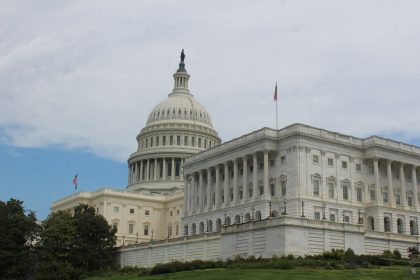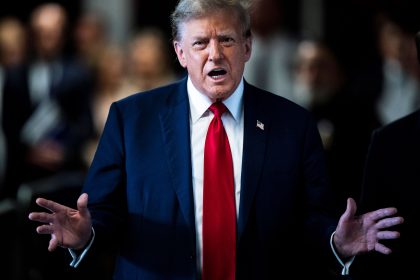Gen Z News Habits and Tech Tools Take Center Stage at Italian Embassy Event
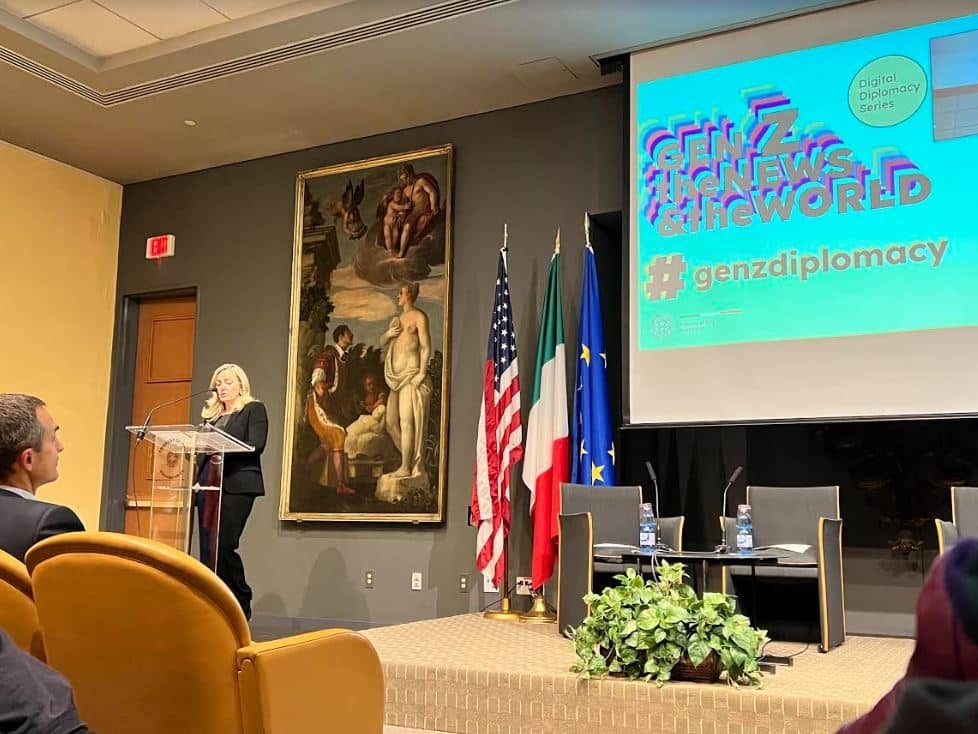
WASHINGTON — A multigenerational audience joined Mariangela Zappia, ambassador of Italy to the United States, at the Embassy of Italy in Washington, D.C., Tuesday night for a discussion of Gen Z news and social media trends.
“They only know a world that is hyperconnected,” Zappia said of the generation spanning birth years in the mid- to late-1990s to the early 2010s.
While introducing the event, part of the Italian Embassy’s Digital Diplomacy Series, she suggested the night’s discussion would consider whether “digital natives … know how to think of themselves separate from their networks.”
“Gen Z is among our stakeholders in the foreign policy process,” Zappia said. “On the one hand, they want their voices heard, and we need to increase our ability to listen. And on the other hand, technology has become a great tool for younger generations to reach out to many audiences and to impact conversations on key issues.”
As diplomacy and tech, in their respective realms, continue to evolve, understanding audiences, as well as the nuances of generational audiences and stakeholders, is crucial.
The voices of Gen Z are coming to shape diplomacy from the inside — Florida’s 10th Congressional District elected 25-year-old Maxwell Alejandro Frost as America’s first Gen Z member of Congress in the latest midterm election — and a host of news and social platforms have been developed to capture and amplify younger voices.
Among those platforms are social media sites that get a lot of media attention like Facebook, Instagram, Twitter and TikTok, but also new ones like The Conversationalist, which calls itself a “nonpartisan educational platform empowering Gen Z to break out of their echo chambers [and] have difficult conversations,” and Italy’s Will Media, which creates content in different formats as preferred by younger audiences.
The founders of these newer sites, Sophie Beren and Alessandro Tommasi, respectively, as well as Monica Anderson, associate director of Research, Internet and Technology, at the Pew Research Center, and Carmella Boykin, associate TikTok producer at The Washington Post, joined moderator Rachel Janfaza, an author and journalist covering Gen Z, to offer insights during the embassy’s Digital Diplomacy event.
While the generation was described as skeptical, wary and anxious by some panelists, they also included characterizations including pragmatic, open-minded and engaged.
Anderson stressed that the emerging generation was “not monolithic, perhaps more diverse than any generation before … and can be drivers around new platforms and new consumption.”
“We’re not apathetic,” Beren said, combating any misconception that Gen Z doesn’t consume news, doesn’t much care for politics, and isn’t attuned to what’s happening in the world.
Boykin, who fielded the majority of the evening’s audience questions — those mainly about how she’s able to reach and educate TikTok audiences — said, “having a diverse range of places that Gen Z can find the news will help them continue to consume it.”
Questions about the Post’s decision to engage audiences on TikTok, which the FBI director has said poses U.S. national security concerns, as well as other specific tech privacy and security inquiries, went unanswered, but Boykin did share that she remains “optimistic about Gen Z’s ability to look at where information is coming from,” and choose credible sources.
“Trust plays a key role,” Zappia said. “Trust in our institutions and representatives, but also trust in the tools we have at our disposal, including social media platforms.”
Kate can be reached at [email protected]









